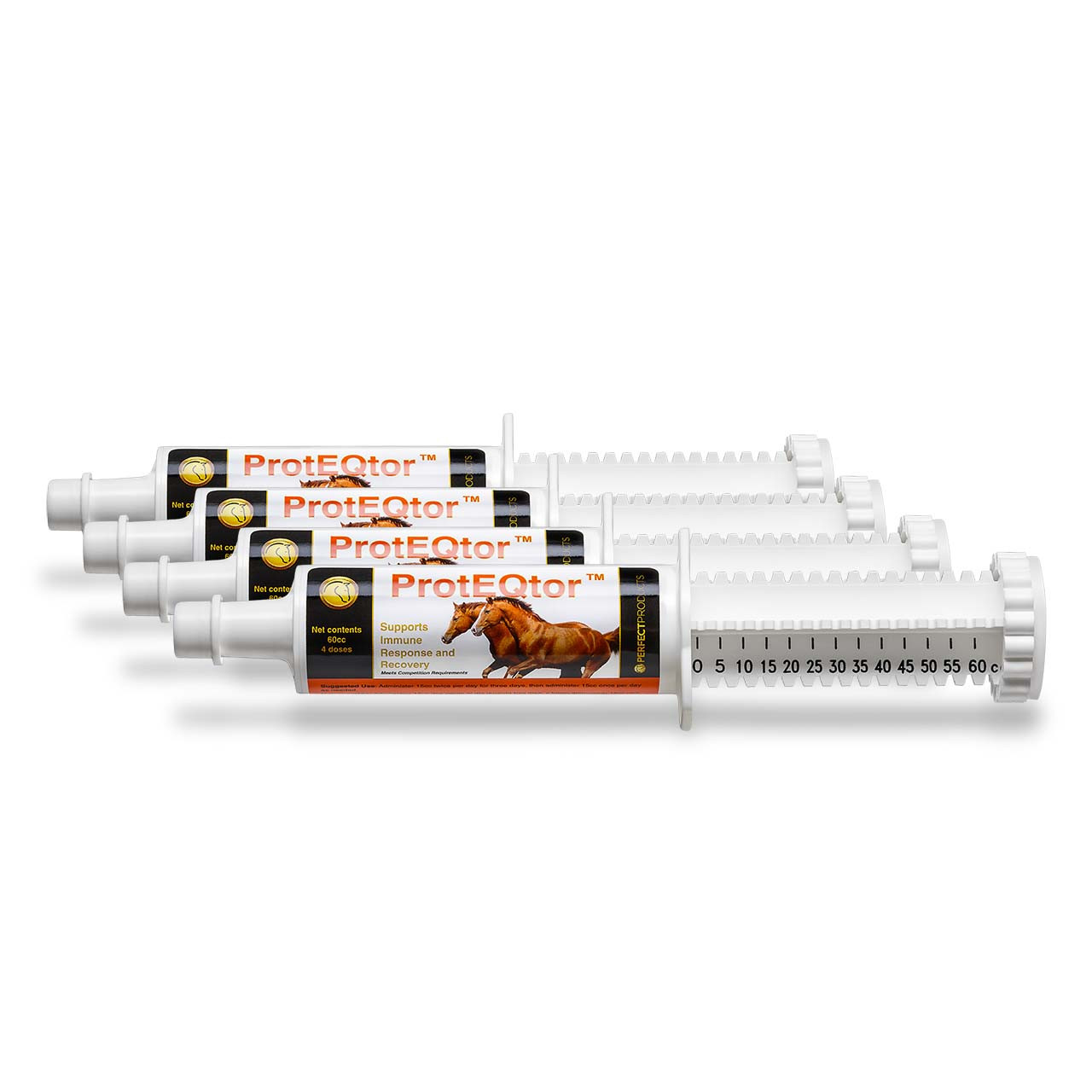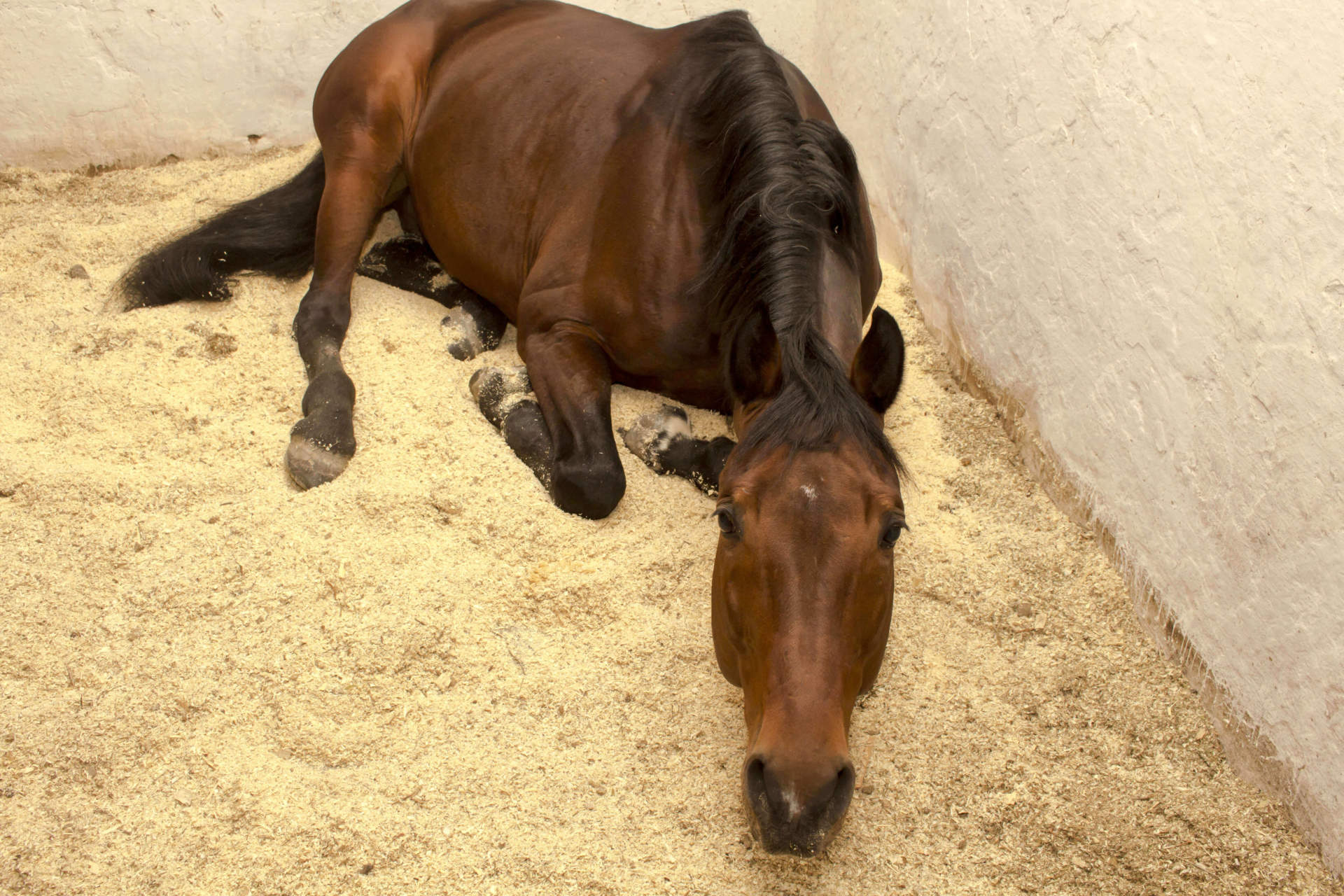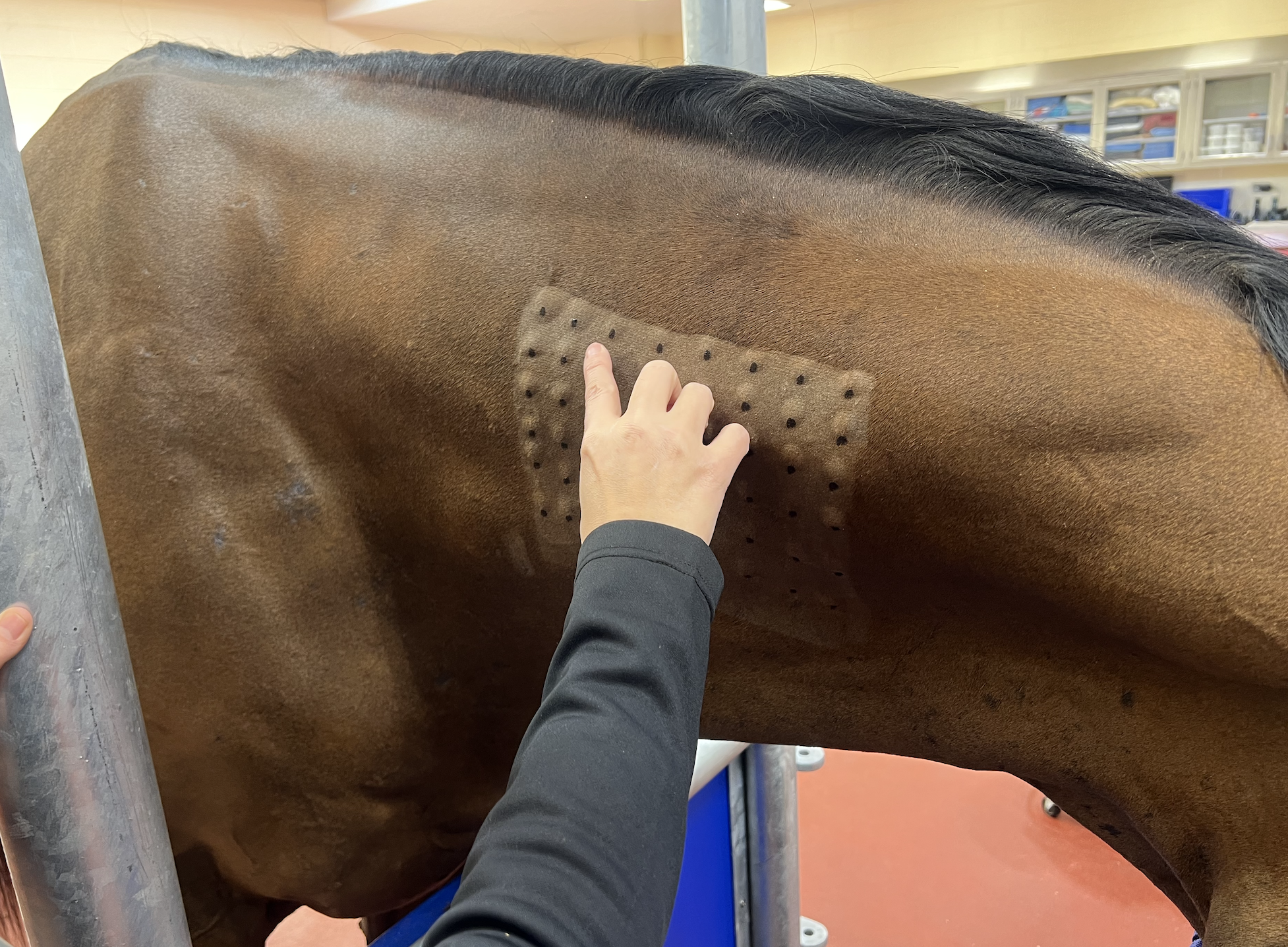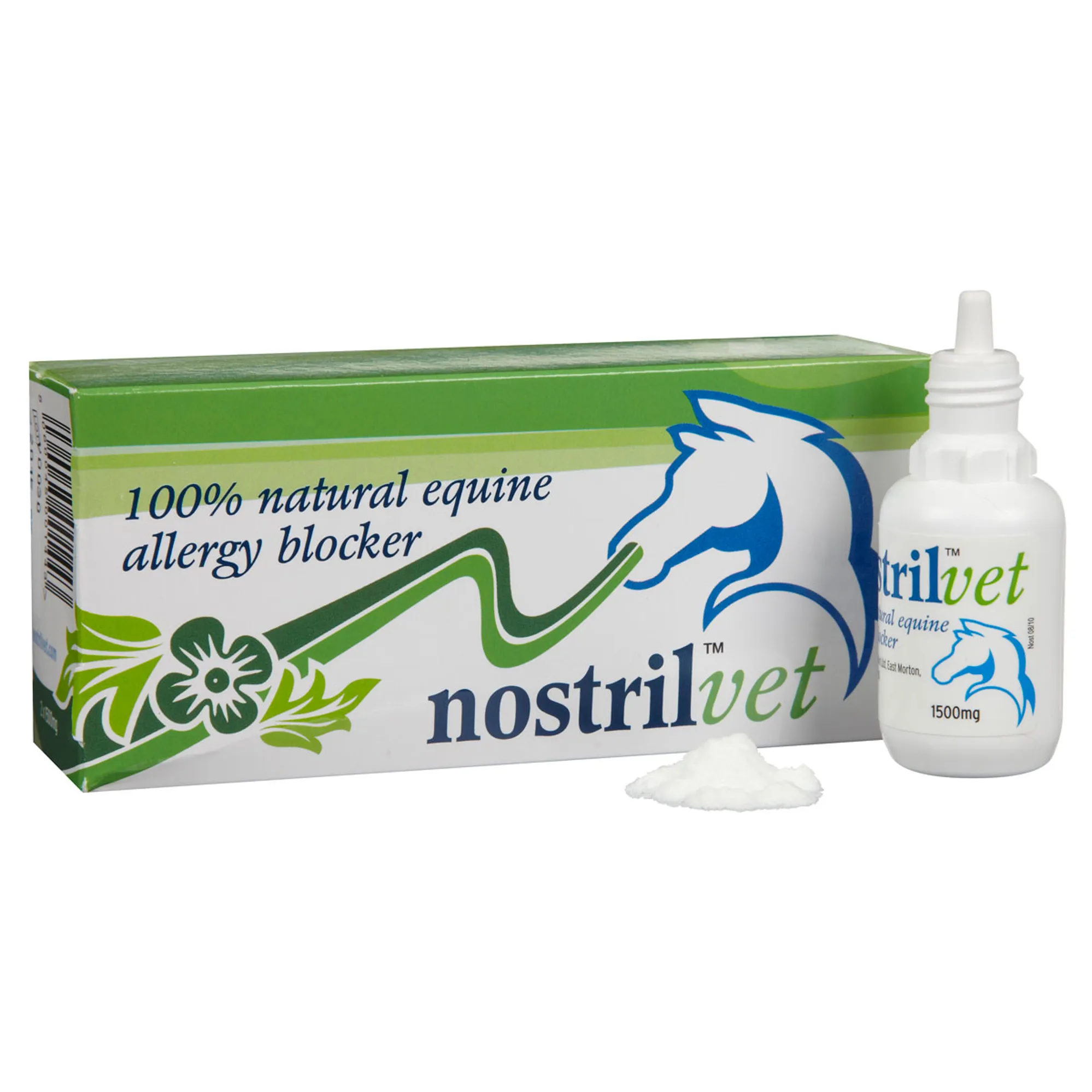Managing Horses with Allergies Effectively

Horses, like humans, can suffer from allergies that affect their health and performance. Managing these allergies effectively requires understanding the causes, symptoms, and treatment options. This article provides a detailed guide to help horse owners and caretakers ensure their animals remain healthy and comfortable.
Understanding Equine Allergies

Equine allergies can be triggered by various environmental factors such as pollen, dust mites, mold, insect bites, and certain feeds. Common allergic reactions include skin irritations, respiratory issues, and digestive disturbances.
Common Allergens in Horses

| Allergen Type | Description | Common Sources |
|---|---|---|
| Environmental | Particles causing respiratory or skin reactions | Pollen, dust, mold spores |
| Insect Bites | Reactions to bites or stings | Midges, mosquitoes, flies |
| Feed Allergens | Sensitivities to certain feed components | Grains, hay, supplements |
Recognizing Symptoms
Identifying allergy symptoms early is crucial. Look for signs such as:
- Persistent itching and scratching
- Swelling or hives
- Nasal discharge or coughing
- Difficulty breathing or wheezing
- Digestive upset like diarrhea
Effective Management Strategies
Environmental Control
- Keep stables clean and well-ventilated to reduce dust and mold.
- Use dust-free bedding materials.
- Limit exposure to known allergens during peak seasons.
Dietary Adjustments
- Introduce hypoallergenic feeds if food allergies are suspected.
- Avoid sudden changes in diet to prevent digestive stress.
Medical Treatments
- Consult a veterinarian for allergy testing.
- Use antihistamines or corticosteroids as prescribed.
- Consider immunotherapy for long-term relief.
Preventive Measures
- Regular grooming to remove allergens from the coat.
- Maintain a clean environment to minimize allergen buildup.
- Monitor the horse’s health and behavior closely.
Frequently Asked Questions (FAQ)
Q1: Can horses outgrow allergies?
A1: Some horses may develop tolerance over time, but many require ongoing management.
Q2: Are there natural remedies for equine allergies?
A2: Some natural supplements and herbal treatments may help, but always consult a vet before use.
Q3: How often should I clean my horse’s stable?
A3: Ideally, daily cleaning is recommended to reduce allergen exposure.
By following these guidelines, horse owners can effectively manage allergies, improving their horses’ quality of life and performance.
